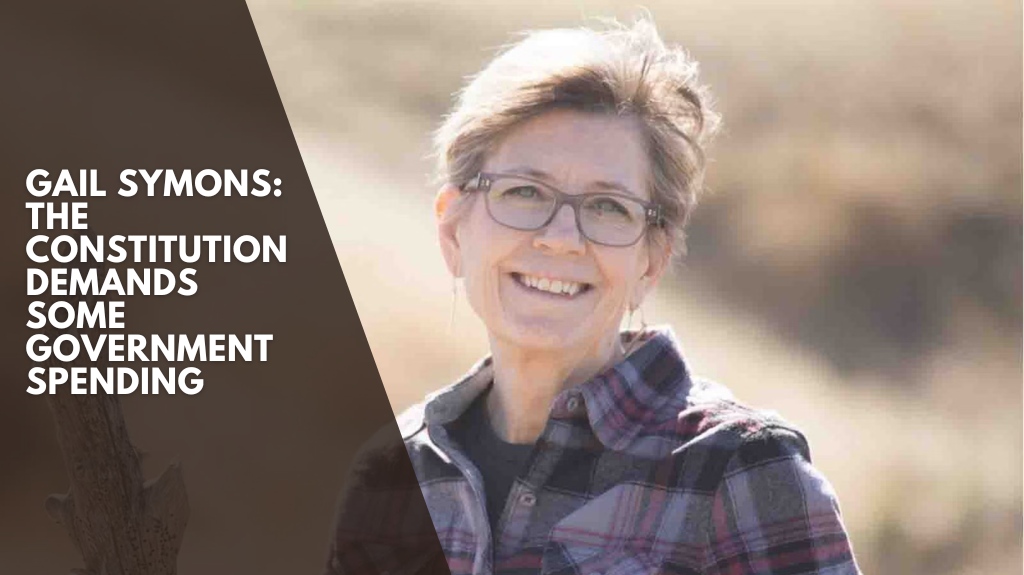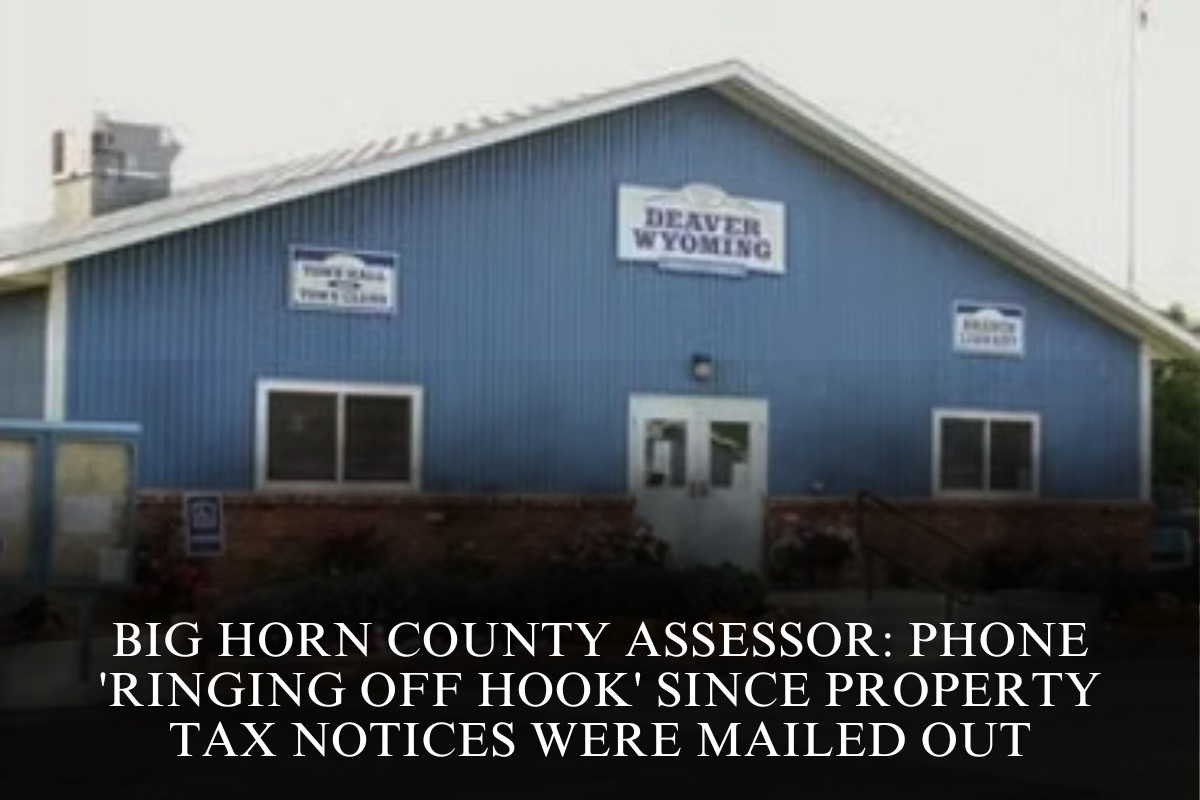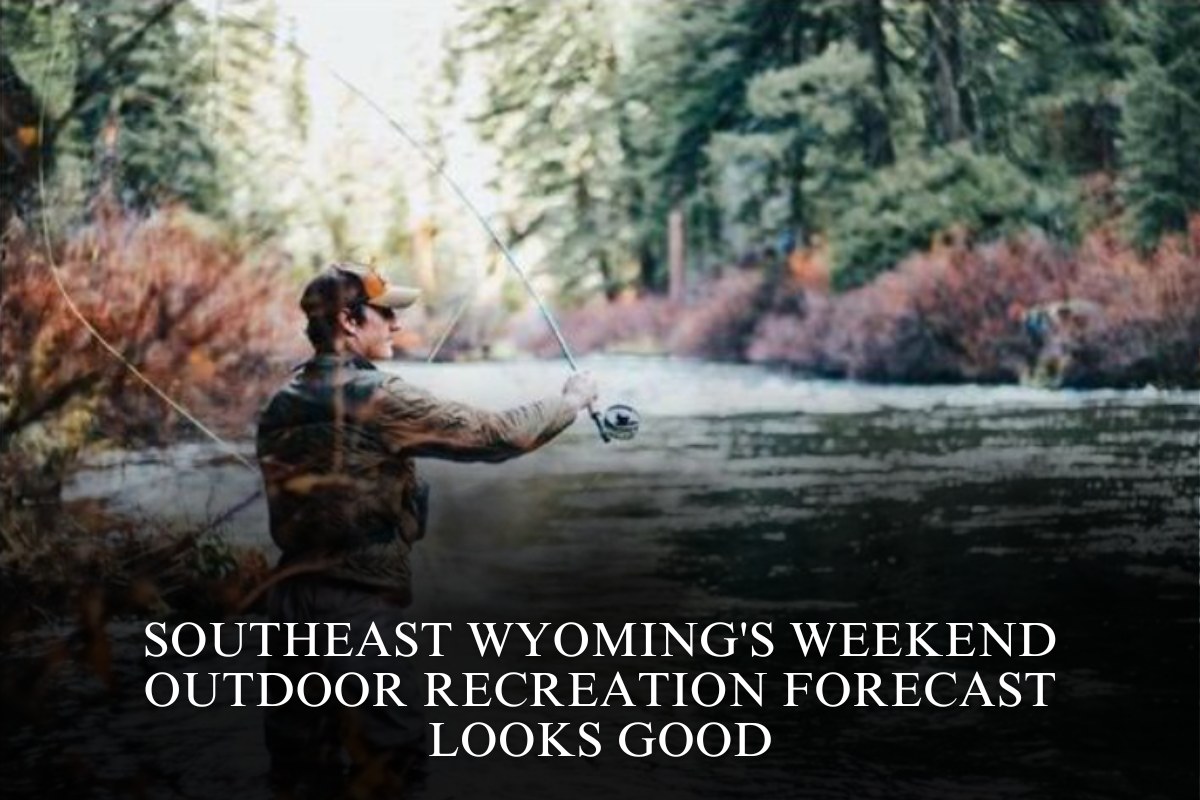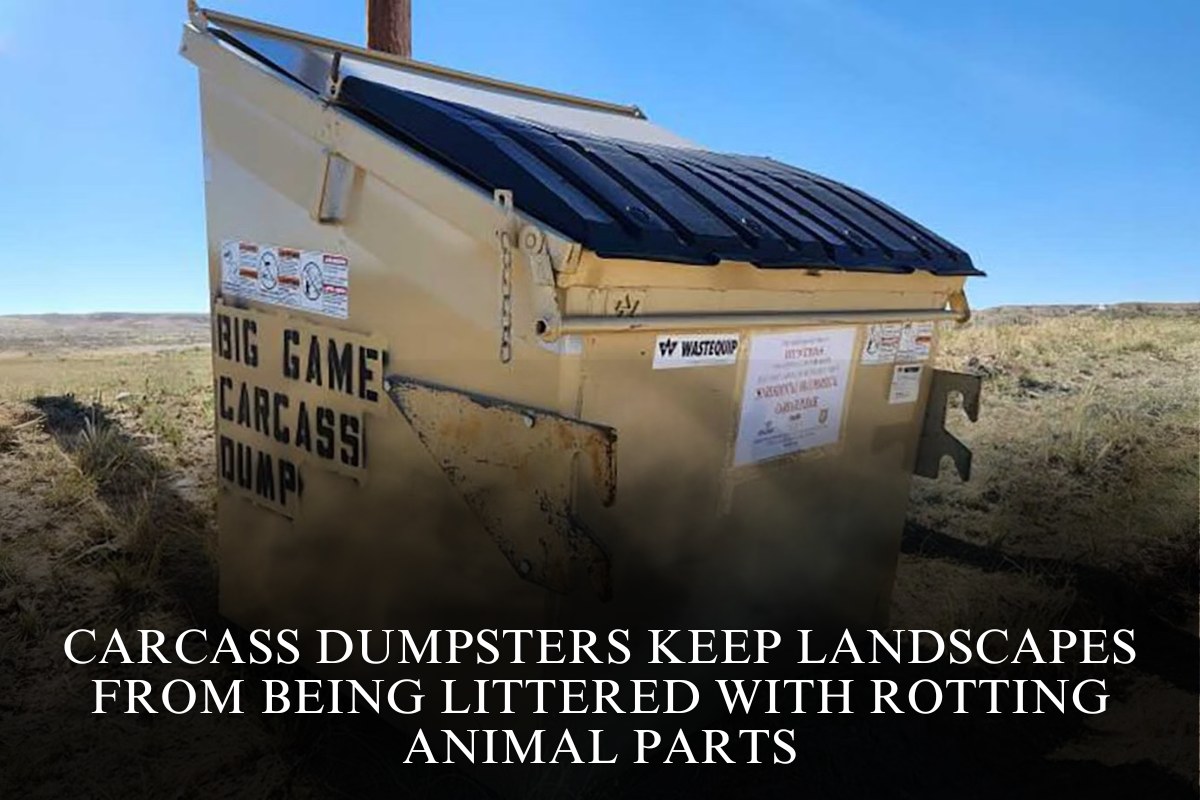This past Wednesday, the auditorium at Sheridan High School was filled with people of all ages celebrating Constitution Day.
Following a difficult trivia quiz, one of the “We the People” teams treated us to a mock debate about the power of the courts. Marilyn Kite, a retired Wyoming Chief Justice, provided insights into the state judiciary.
While I listened, I reflected on the Constitution as a whole and wondered how many people in that room, young and old, truly understand that the Preamble’s 52 words are more than just historical poetry. They serve as the blueprint for all government services that we fund, from your county sheriff to your child’s school lunch program.
The Preamble to the Constitution is not a suggestion. This is a job description. When the founders wrote “We the People…do ordain and establish this Constitution,” they formed a contract. Government exists to serve six specific purposes, and every tax dollar, program, and government function should be linked to one of those goals.
That matters in Wyoming because we are constantly debating what the government should and should not do. We hear complaints about “government overreach” whenever funding for schools, public health, or emergency services is discussed. But here’s the thing: the founders have already resolved this debate. They told us exactly what the government was supposed to do.
The problem is that we rarely have too much government in our states. We’ve forgotten how to measure what the government does against the Constitution’s own standard. When someone questions a program or service, we should ask one simple question: which section of the Preamble does this serve? If it doesn’t serve one of those six goals, perhaps we shouldn’t fund it. If it does, then the founders have already granted us permission.
When your home is on fire, you do not contact a private company. You contact the volunteer fire department that your community supports. When cattle rustlers attack your neighbor’s ranch, the county sheriff responds with taxpayer-funded resources. These are not government overreach; they are constitutional obligations.
The founders understood that justice and domestic peace required local responders who were familiar with the area and its people. Your county commissioners, who fund the sheriff’s department, are not expanding government. They are carrying out the Constitution’s promise that you can live and work without fear.
Here is where the real arguments begin.
Critics claim the phrase “promote the general welfare” justifies unlimited spending on anything. But consider what it funds in Wyoming: a county health nurse who monitors disease outbreaks before they spread, an extension agent who assists ranchers in managing drought, and a road crew that keeps Farm-to-Market roads open.
These are not handouts. They are the infrastructure that allows communities to function.
The founders used the term “general welfare,” not “individual welfare.” This entails programs that benefit the entire community rather than specific groups of people. When the school board funds buses to transport rural children to school, it promotes general welfare because an educated workforce benefits all.
When the state health department monitors water quality, it promotes overall welfare because clean water protects entire communities. The question is not whether the government should promote welfare, but whether specific programs benefit the public good or narrow interests.
Defense is not limited to foreign threats. When the Wyoming National Guard fills sandbags during spring flooding, search and rescue volunteers are equipped and trained with state funding, and your county emergency management coordinator coordinates blizzard responses, that is common defense in action.
The founders recognized that threats to life and property take many forms. Your tax dollars go toward emergency preparedness, not government expansion. They are constitutional requirements that have been updated to reflect the geography and climate of Wyoming.
This means that when someone complains about “big government” spending on schools, health care, or emergency response, they are not making a conservative argument. They are rejecting the Constitution. True conservatism honors and applies the founding documents consistently.
Wyoming has always been pragmatic about government. We don’t want waste or overreach, but we do want reliable services. The Preamble provides us with a framework for telling the difference. Programs to establish justice, maintain peace, provide defense, promote general welfare, form a more perfect union, and protect liberty? These are constitutional imperatives, not optional extras.
The real government overreach occurs when politicians disregard these constitutional purposes or when programs serve narrow interests rather than the general welfare. Use the Preamble as your constitutional compass; it is more trustworthy than political rhetoric.
Save these six goals somewhere you can find them: establish justice, ensure domestic tranquility, provide for common defense, promote general welfare, form a more perfect union, and protect liberty.
The next time you hear someone question government funding, consider what constitutional purpose it serves. If it clearly serves one purpose, the debate is not over whether the government should do it; the founders have already decided that. The debate is over whether we’re doing it well.
That is a conversation worth having. It also distinguishes thoughtful citizenship from reactive complaint.












